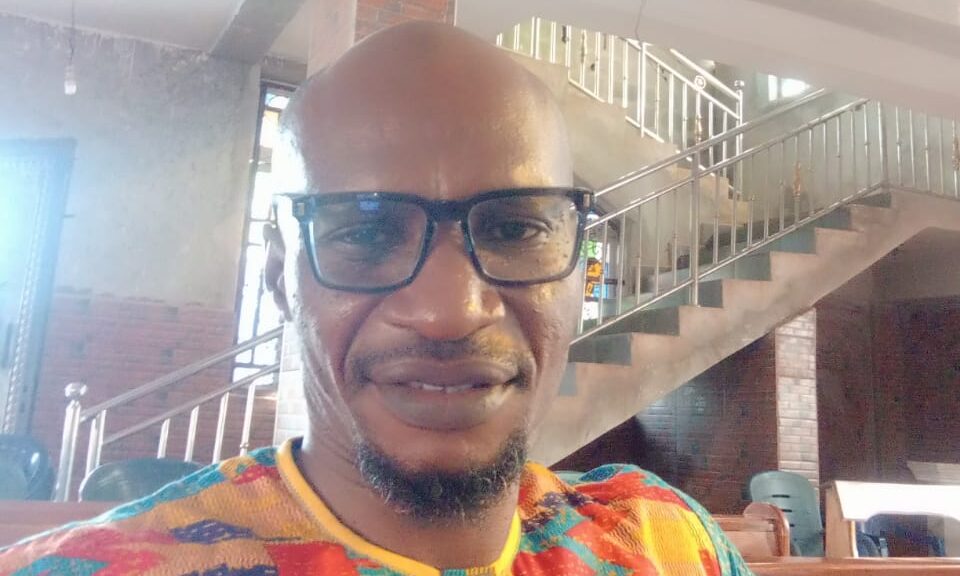For decades, the sons and daughters of the South East have looked beyond Nigeria’s borders in pursuit of education, business, and opportunity. From the bustling markets of Onitsha to the industrial hubs of Nnewi and Aba, the Igbo spirit has thrived on international connections. But today, that spirit is facing a troubling roadblock: the quiet cancellation of U.S. visas.
Recent revelations show that the United States Embassy in Nigeria has begun silently revoking already-issued visas. Many professionals, traders, entrepreneurs, and even public officials discovered—sometimes at the airport gate—that their once-valid visas were no longer recognized. No warning, no explanation, and no chance to appeal.
For Igbo traders who travel frequently to source goods, seal deals, or maintain long-standing supply chains, this policy shift is devastating. A cancelled visa does not just mean a missed flight—it means disrupted contracts, lost investments, and broken trust with international partners. For professionals and students, it could mean delayed careers or abandoned dreams.
This sudden barrier cuts deep in the South East, where diaspora connections are not just cultural but economic. Families rely on remittances from abroad. Communities depend on investments from their brothers and sisters overseas. Every cancelled visa represents not just an individual setback but a weakening of these vital lifelines.
Even more painful is the humiliation some experienced—detained briefly by immigration authorities, only to be told they could not board flights they had already paid for. The sense of unfairness and lack of respect is difficult to ignore.
Nigeria’s Federal Government has expressed concern and promised to engage Washington, but the silence remains heavy. For the South East, this is more than a diplomatic issue. It is about dignity, opportunity, and the freedom to compete globally.
The Igbo people have never been strangers to adversity. If doors are closed, we find another way through. But in this case, the demand is simple: fairness and clarity. The United States must treat Nigerians—especially those whose hard work has long contributed to global trade and enterprise—with the transparency and respect they deserve.
Because when Igbo professionals and traders are caught in a visa trap, it is not just individuals who suffer—it is an entire region’s lifeline to the world.



